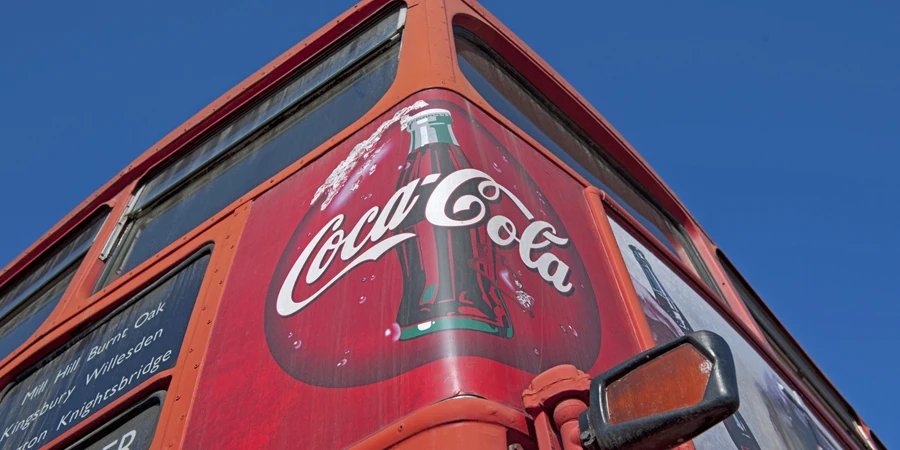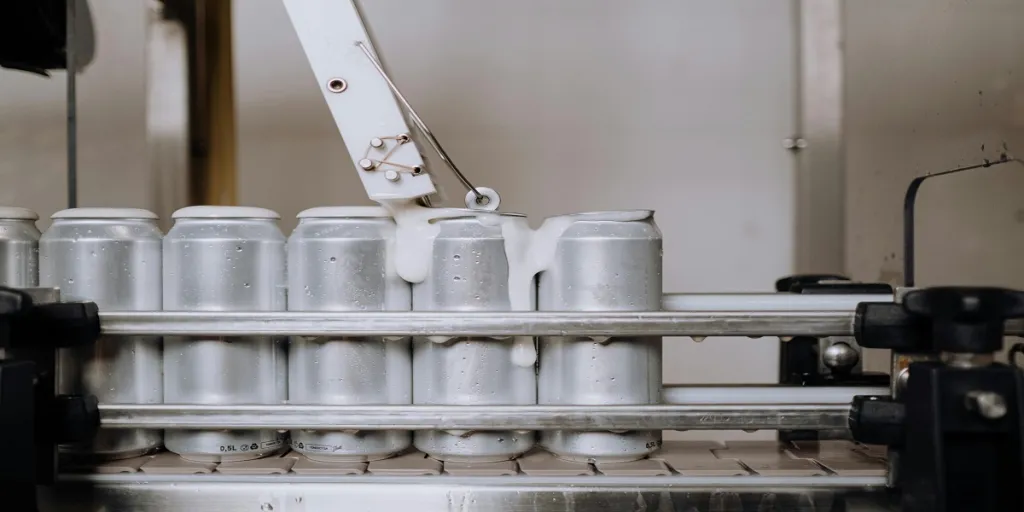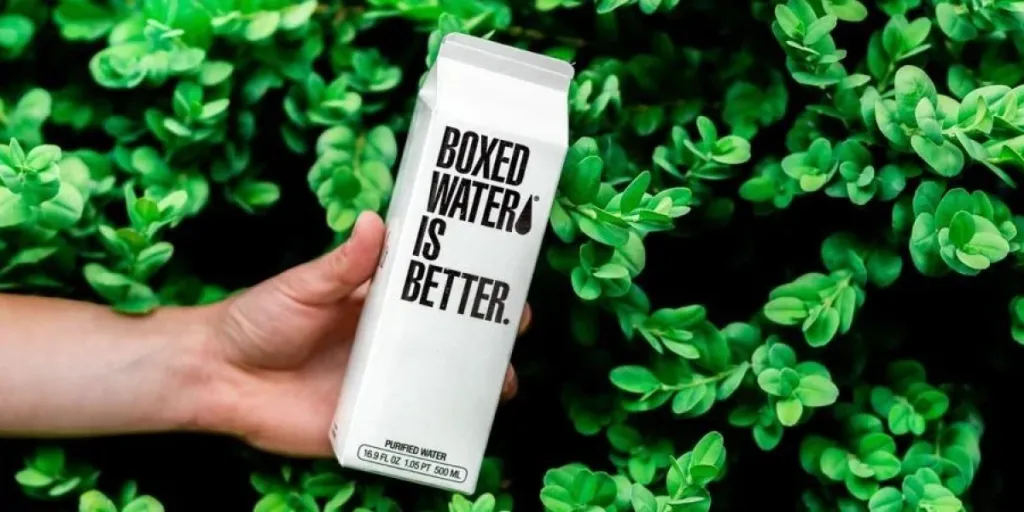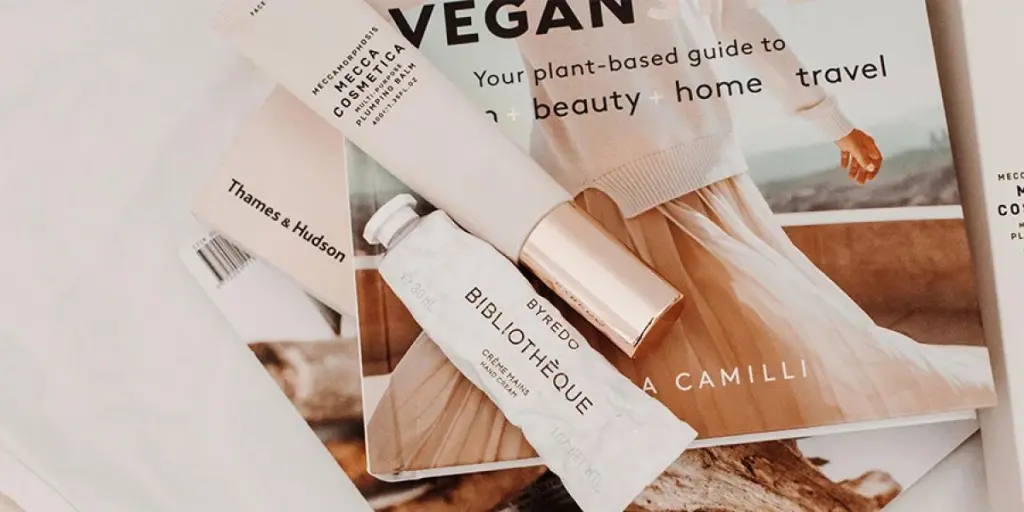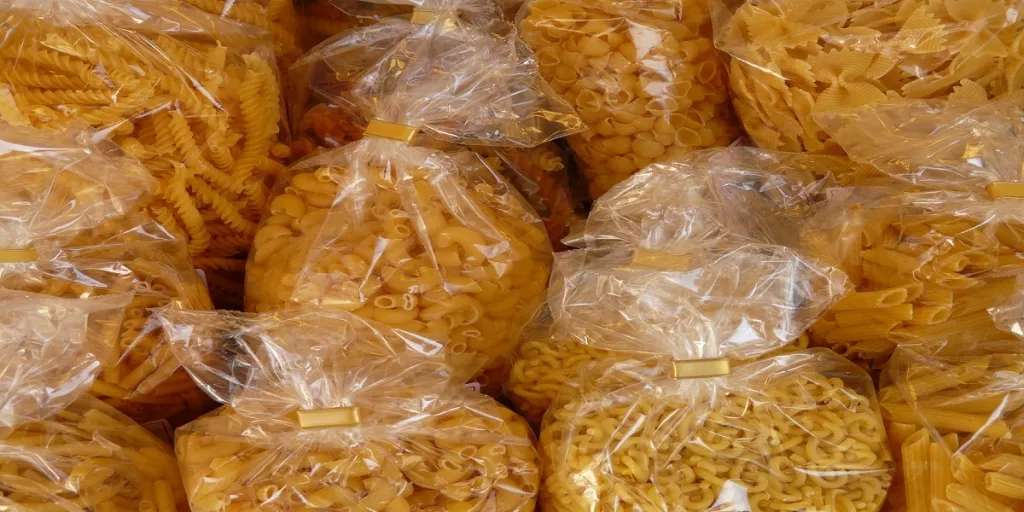Other brands have implemented label-free bottles within the multi-pack format, where the outer packaging provides the traditional branding vehicle.
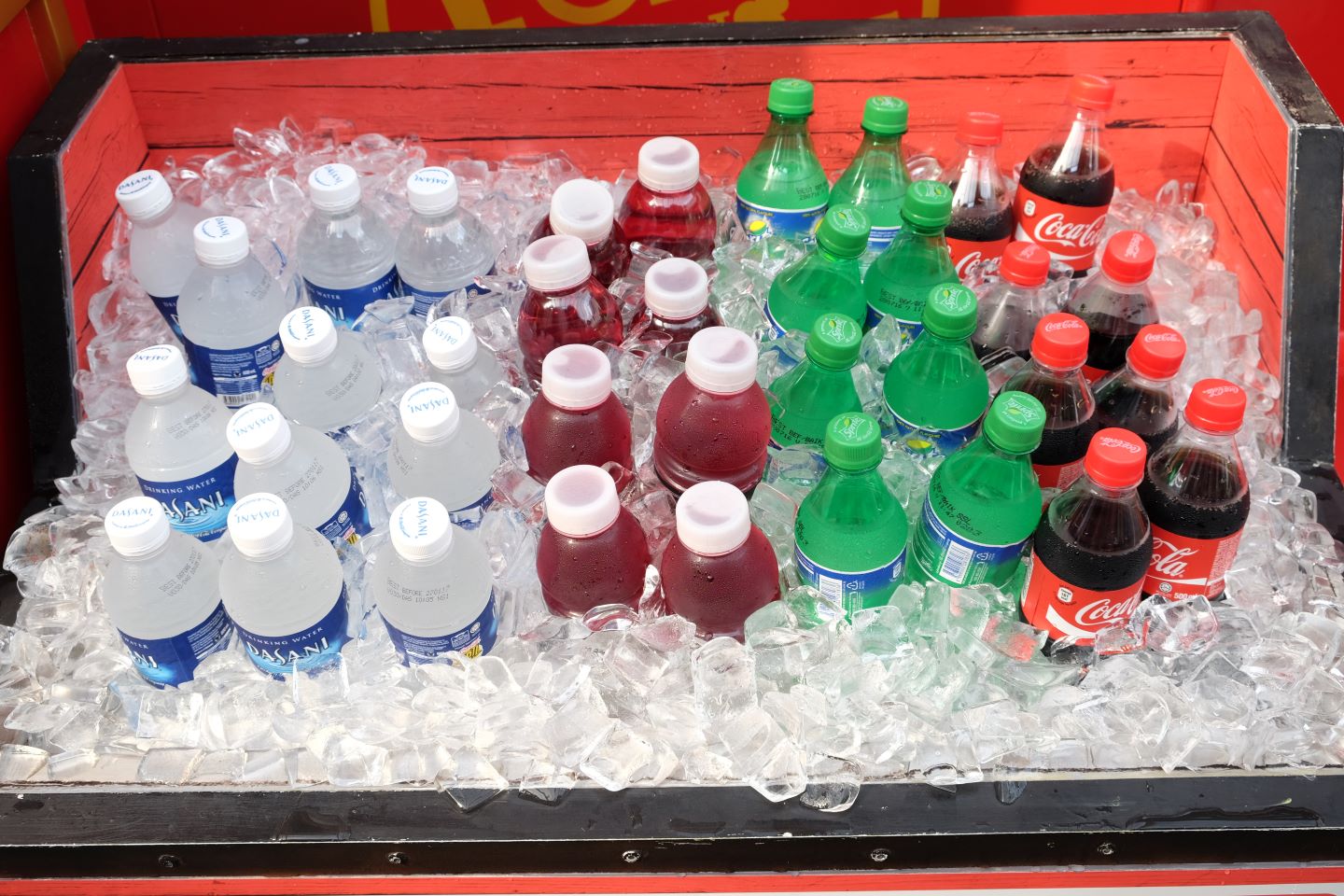
Coca-Cola has announced a UK trial of label-free 500ml bottles of Sprite. The naked bottles are an experiment into consumer acceptance of such packaging, where the literal centrepiece of modern beverage branding – the familiar, colourful, logo-emblazoned label – is missing. In a culture where sustainability is an ever-rising expectation among consumers and a goal for FMCG brands and packaging producers, the experiment will be informative on what the trade-off will actually be between that improved eco-footprint and on-the-shelf appeal.
Coca-Cola’s trial is taking place on a limited basis via Tesco Express stores in eight locations across four cities (which include London and Manchester). The Sprite bottles rely on embossed logos and spot designs on the front, with laser-engraved product information on the back. The signature green cap remains as an existing marketing cue. In-store marketing approaches form part of the experimentation; in four stores, the bottles will be backed up with associated point-of-sale signage and related materials, whereas in the other four, there will be no additional marketing to flag the change.
Other brands have experimented with label-free beverage packaging; Evian are among those who have tried such approaches, albeit in controlled on-trade/hospitality environments. Other brands have implemented label-free bottles within the multi-pack format, where the outer packaging provides the traditional branding vehicle. The difference in this case is the deliberate intent of putting label-less beverage bottles in front of consumers on the busy shelves of convenience stores to see how that works.
Within the convenience channel, the orthodox view is that label/branding provides the key visual selling point to stand out to busy, time-pressed consumers. With that removed in favor of embossed designs and a branded cap, the question is will consumers bypass the brand, or will their attention actually be caught by the clean look and its sustainable implications?
Coca-Cola has some reference material to work from in this case, having trialled Valser water in Switzerland with an embossed, label-less bottle. They found high brand and product recognition, the only negative being a weakness in their ability to communicate the brand’s signature low mineral content. The bottles remain on the market, but only in multipack form, with the outers providing the additional messaging missing from the bottles.
Sprite is a very high-profile brand, and thus a success in this trial may be informative for other brands looking to simplify beverage packaging based on sustainable aims. Consumers are undoubtedly increasingly receptive to and view favourably major brands taking significant steps to improve their sustainability. According to GlobalData’s 2023 Q4 Consumer Survey – Global, 29% of consumers view sustainability/environmental-friendliness to be an essential characteristic in the products they purchase, and 47% a “nice-to-have”. Thus, the lack of a label may resonate with this widely-held view, while also actually gaining attention on the shelf. The risk is a loss in brand recognition by the fast, passing trade in the convenience channel; this does not mean the approach is without a place, just that c-stores may not be the right environment.
Going label-free has obvious sustainability benefits both for those consumers and producers. Removal of labels from production leads to savings in paper, plastic, inks, etc. There is also reduced potential difficulty in recycling as the packaging is reduced to a mono-material. It makes practical and financial sense (once adjusted production is factored in, i.e., to deliver embossed and laser-engraved bottles, etc.). To achieve true effectiveness, however, means a market-wide transition to a “post-label” category. Additionally, even if recyclable, the pressure remains on plastic usage in the beverage bottle context, with innovation continuing to look at alternative material opportunities, such as via paperisation.
Source from Packaging Gateway
Disclaimer: The information set forth above is provided by packaging-gateway.com independently of Alibaba.com. Alibaba.com makes no representation and warranties as to the quality and reliability of the seller and products.
